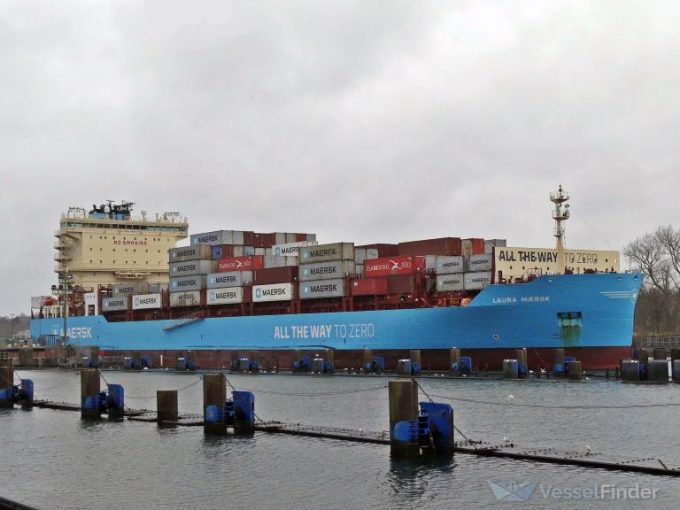De minimis change would be 'no bad thing' for logistics operators
Logistics suppliers appear increasingly unfazed by the chaos emanating out of the White House and ...

UK ship classification organisation Lloyd’s Register (LR) has warned shipowners and their decarbonisation-conscious customers that the cost of liquefied bio methane (LBM), the presumed drop-in replacement for LNG in the latest generation of newbuilds, is rapidly increasing compared with other forms of biofuel.
Shipping giants are looking to biofuels as one of the few options available to them to meet oncoming FuelEU guidelines, which mandate an increasingly aggressive schedule of CO2 emission reductions from existing ships, beginning in January next year, ...
Volcanic disruption at Anchorage could hit transpacific airfreight operations
Macron calls for ‘suspension’ – CMA CGM's $20bn US investment in doubt
Trump tariffs see hundreds of cancelled container bookings a day from Asia
De minimis exemption on shipments from China to the US will end in May
Forwarders stay cool as US 'liberation day' tariffs threaten 'global trade war'
Mixed response in US to 'Liberation Day', while China leads wave of retaliation
Tariffs and de minimis set air freight rates on a volatile course
Overcapacity looms for ocean trades – with more blanked sailings inevitable


Comment on this article